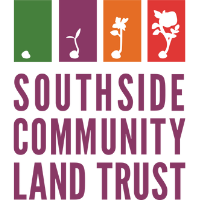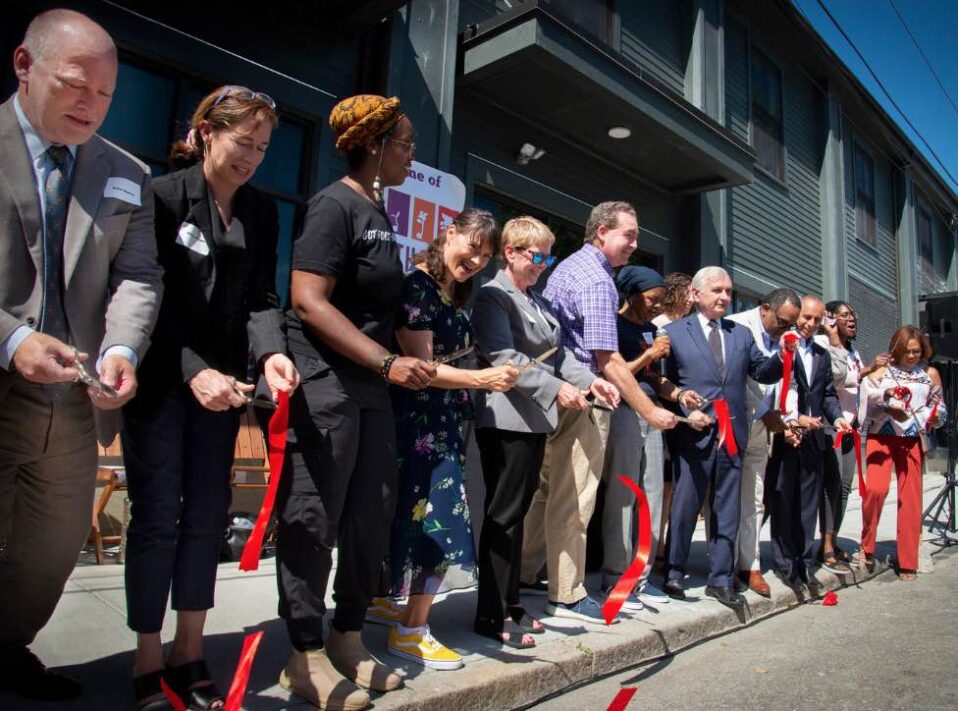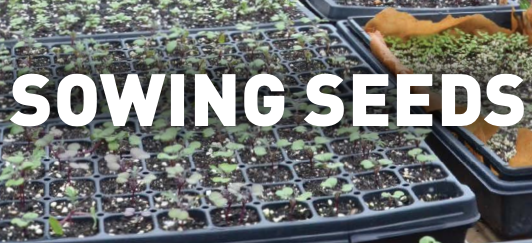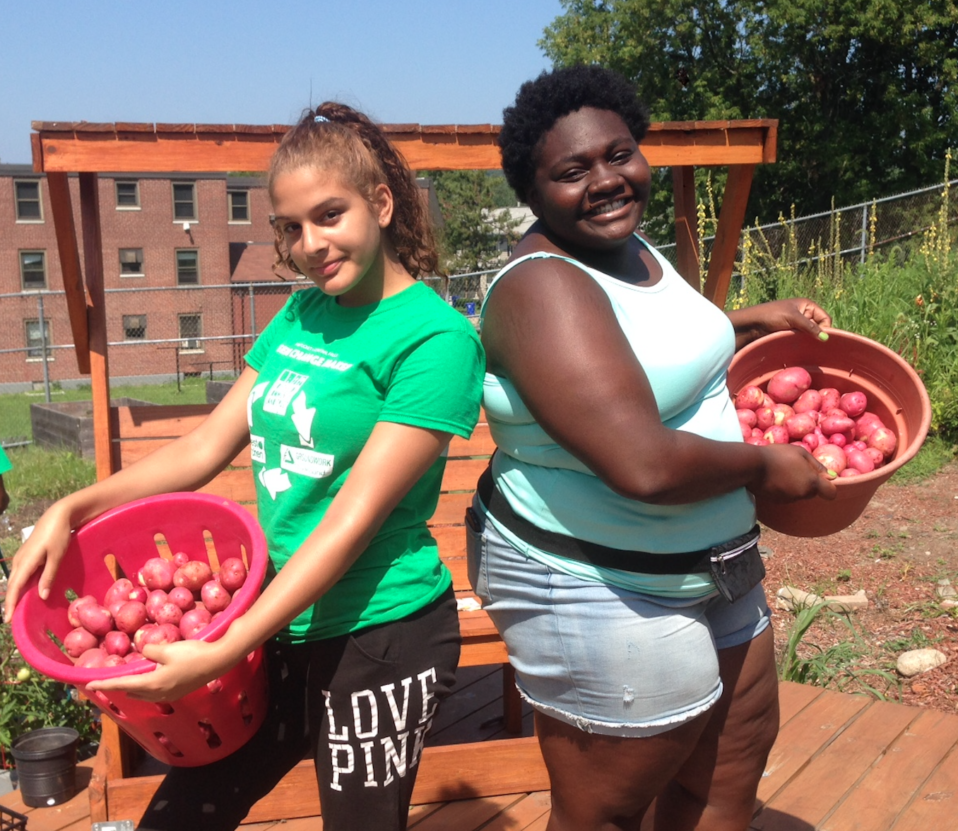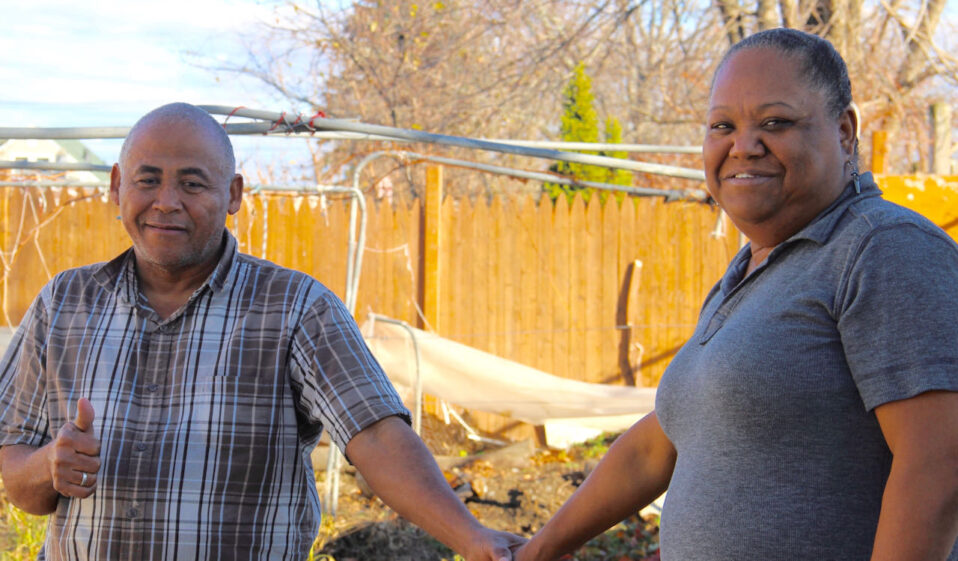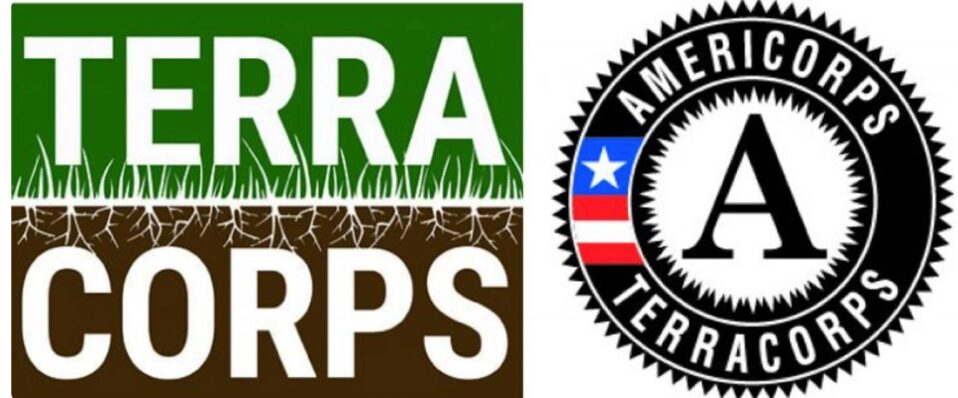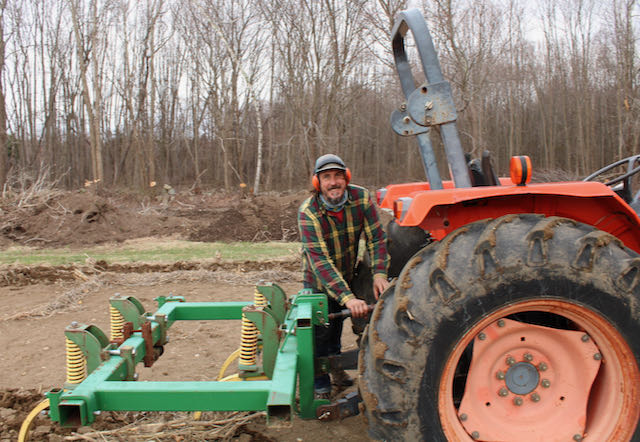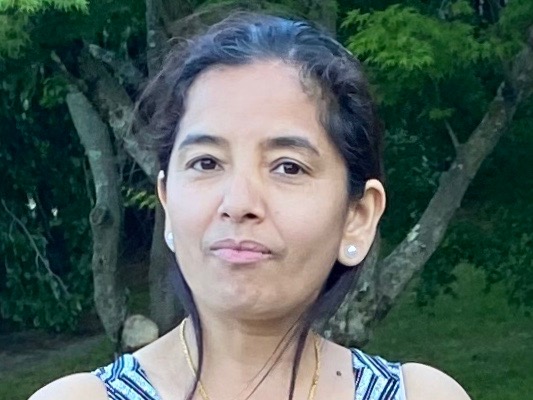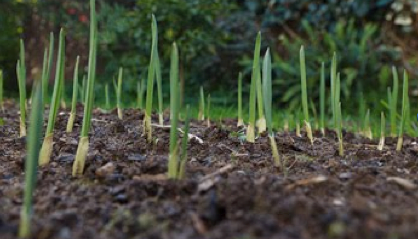
The Small & Urban Farms Success bill was introduced to the RI House and Senate earlier this year by 10 State Representatives and was heard by the RI House and Senate this spring. Championed by a coalition of the Rhode Island Food Policy Council, SCLT, and a network of farmers, including Open Farms Retreat‘s Andraly Horn and Sienna Viette, this legislation has the power to level the playing field by creating tax relief programs for small and urban farms that are similar to the programs that have been available for more than 30 years to larger, rural farms in our state.
RI’s current tax programs don’t meet the food or economic needs of our communities, and they don’t match our coalition’s commitment to equity. These programs need an update so that more Rhode Islanders can eat fresh, healthy, and affordable food grown right here in our tiny state, where the cost of agricultural land keeps going up, and the size of farms keeps going down.
Hear from several small and urban farmers on what this change would mean for the future of their farm businesses and the resiliency of our local food system:
